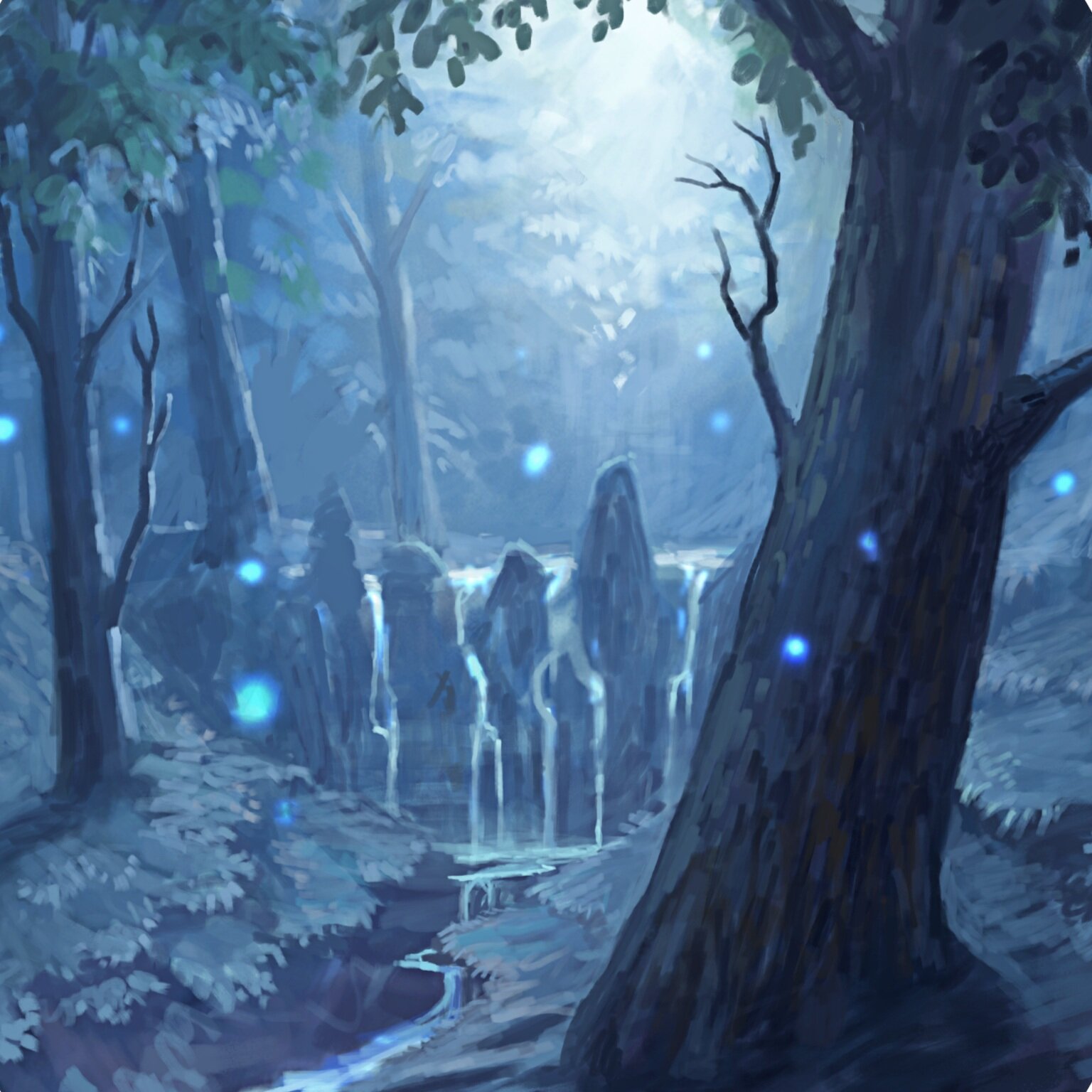
Taking great games from prototype to publication.
An independent board game publishing company.
We strive to create memorable, fun, and beautiful games. We aim to create value for our customers, fans, and the broader board gaming and game design communities. We value personally connecting with, and being helpful to our peers and supporters. We believe that games are meant to bring people together, and that the board gaming hobby and industry will be healthier and more fun through increased equity and inclusivity.
Pine Island Games is a tabletop game publisher owned and operated by Jasper Burch and Chelsea Townsend, and with a number of contracted services for illustration, graphic design, and marketing. We are based in New York City, where we live with our 6 lbs yorkie mix, Ginger.
Who we are.
Jasper
Jasper was gaming before he could talk. He climbed the kindergarten tic-tac-toe rankings, was a powerhouse at Pogs, held his own at Hero Quest and only slightly fudged his character creation rolls in D&D. A passion for gaming has stayed with him into his adult life where he regularly squares off in Magic: The Gathering and an array of board games. He prefers elegance of rules and design over layers of complexity, but isn't averse to the occasional Euro, or fiddly engine builder.
Professionally Jasper has spent the past decade and a half on Wall Street both at bulge bracket banks, and hedge funds as an analyst and trader. He has always had a number of passion projects in creative fields, from writing Magic: The Gathering strategy articles, to designing games, and penning a few unpublished novels.
Pine Island Games is a formalization of this creative drive.
Chelsea
Chelsea didn’t grow up in a gaming family, but ever since she can remember she has been living in her own imagined worlds. That passion propelled her into a career in acting at the age of seven - when she scored a national spot in a Lazy Boy commercial. She hasn’t looked back, and more recently has portrayed a murdered call girl and a jealous girlfriend.
Her passion for gaming (or as she puts it winning) came later in life. Chelsea prefers medium weight strategy games and social games. You can find her playing the part of a train tycoon, arguing over what fits in what category, and making some questionable choices in madlib type games.
Outside of gaming and acting Chelsea is a true crime aficionado, trash reality tv enthusiast, and a master of sudoku. Perhaps most importantly, she is an animal lover and volunteers with a local rescue.
Tenets.
We’ve settled on eleven tenets of game design to define Pine Island as a company. These aren’t universal truths of game design – they are just the attributes that we believe in, and that we are choosing to focus on.
Game Design Tenets.
Strategic depth & mechanical elegance. Player cognitive load should be spent on strategic decisions, not on understanding complex (sometimes fiddly) mechanics. While mechanical complexity can be appropriate – it must be applied to drive an exciting strategic payoff. In general we prefer to simplify games wherever possible.
Organic start, organic progression, organic end. A progressive game play where pacing is driven by the players rather than strict mechanical progression and rounds.
Reward over punishment. Reward players for good play, rather than punish them for mistakes.
Resonant thematic drive. Strong and memorable thematic elements are relevant mechanically. We don’t believe in stapling on themes, but strive to weave theme through game play.
Ability to plan ahead. Decisions matter from turn to turn and players should have the ability to plan ahead. Of course, the best laid plans of squirrels and gamers…
Balancing luck and skill. Our favorite games balance skill and luck. While tight strategic game play improves a player’s chance of winning, elements of luck add drama, excitement, and an opportunity for players of all levels to enjoy a game together. We prefer randomness of inputs, rather than as a mechanic for resolution.
Replayability. Replayability through both interesting, dynamic, game play, and through variable mechanics. No two games are alike.
Tactile and visual. Board games are tactile and visual experiences. We value strong physical and visual design to engage players, draw them into the game, and improve ease of play.
Screw the man, not the players. While we value player interaction and conflict in our designs, we also try to minimize feel bad and “gotcha” moments. We avoid mechanics that screw over individual players, create ganging up, or king-making dynamics.
Bringing people together. Games are a conduit for bringing people together, both through exciting game play and community.
Main course or dessert. Pine Island’s initial focus is on medium weight games in the 30-60 minute range. These games can bring people together as events (a night of Nut Hunt), or be a side dish for a social gathering (a game after dinner). In the future we expect to expand our menu of games to include more “main dishes”, or event games in the 60-120 minute range.
Get in touch.
jasper@pineislandgames.com


